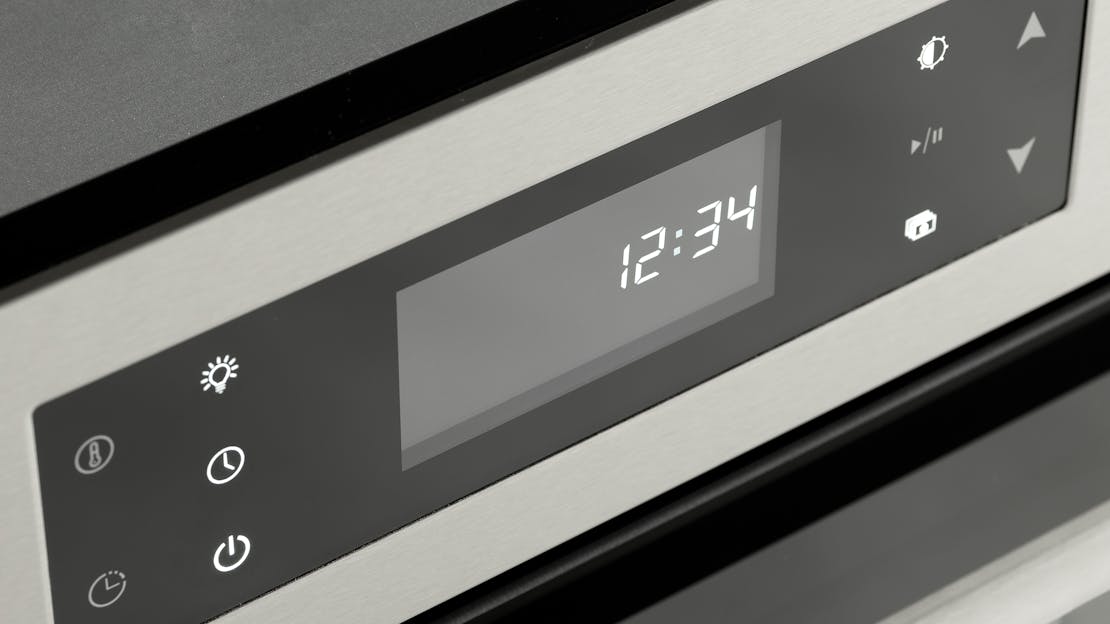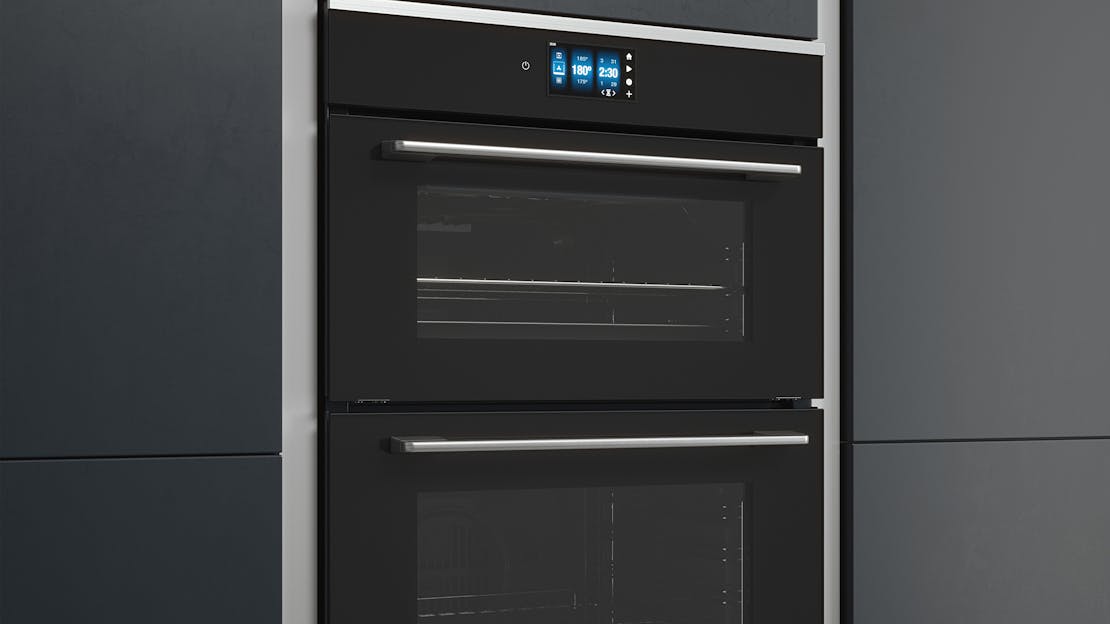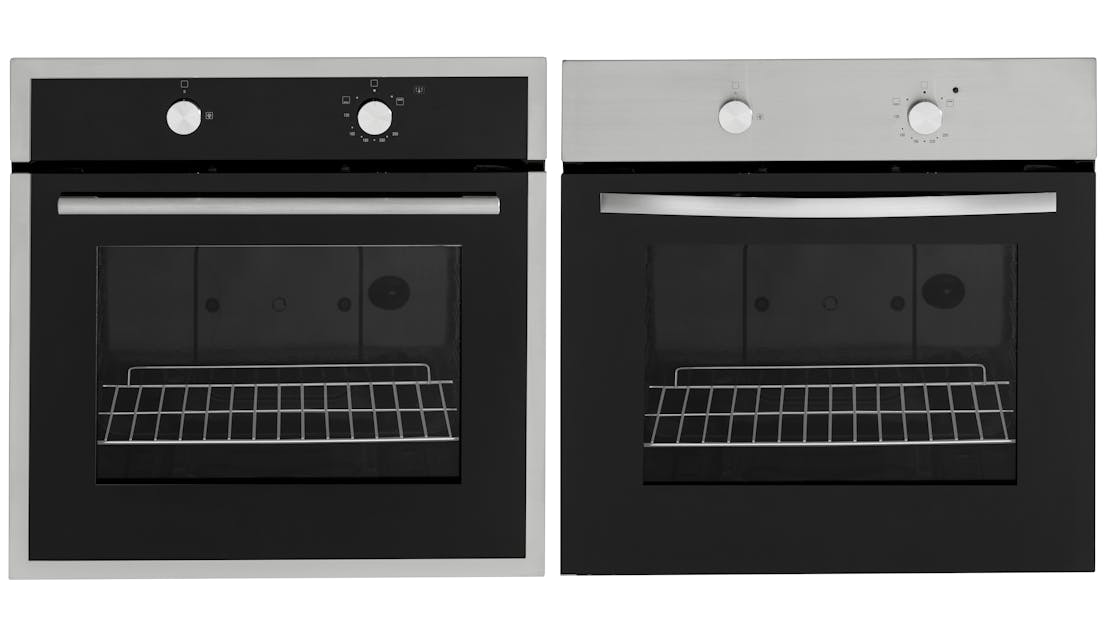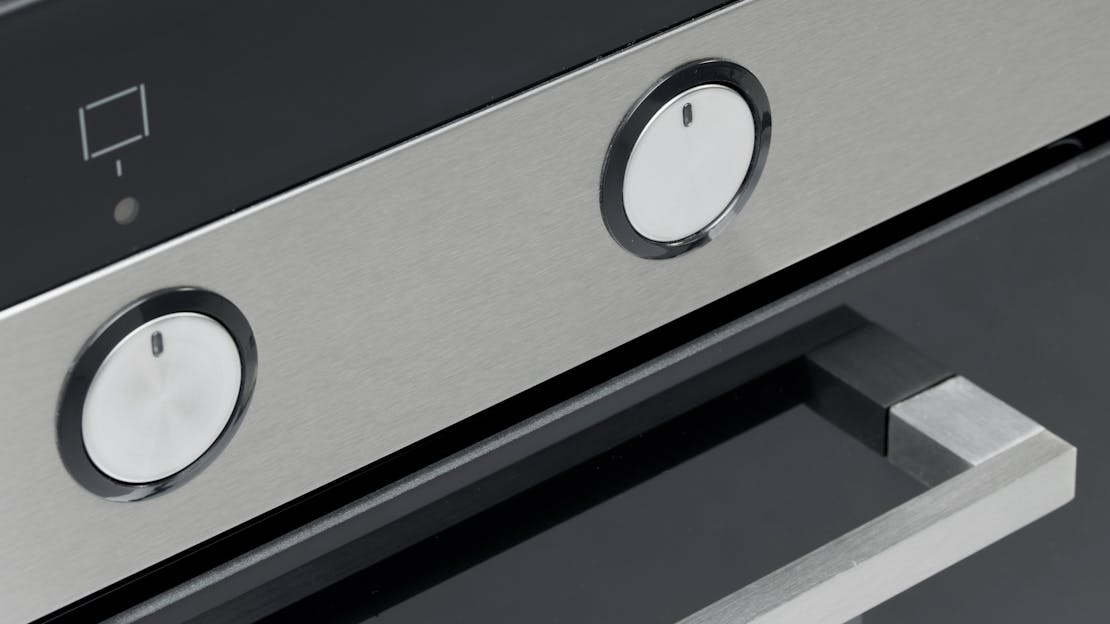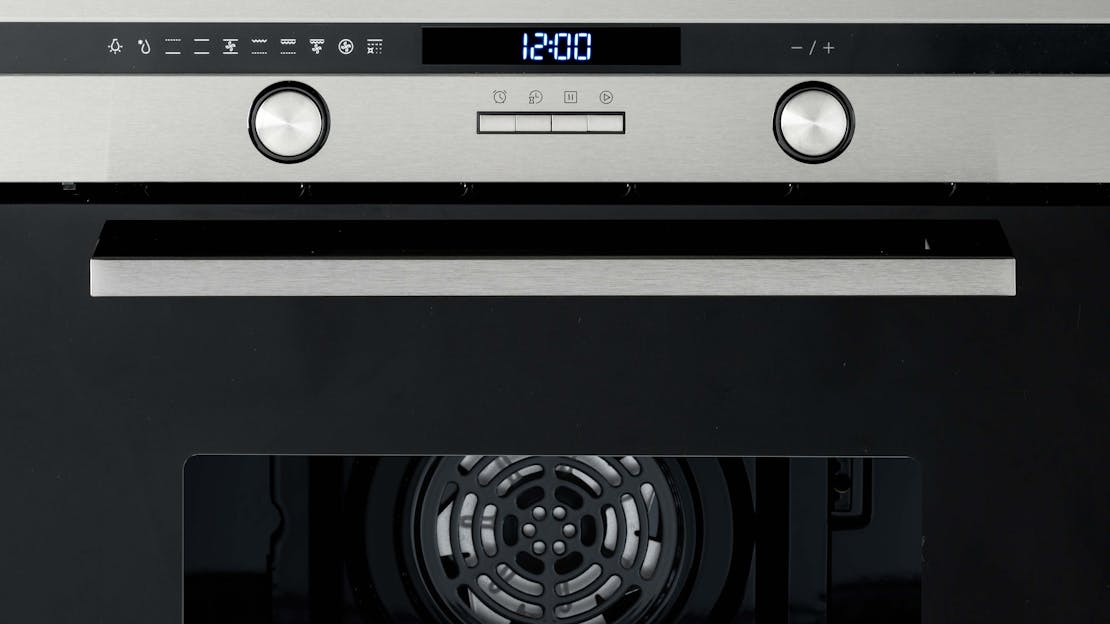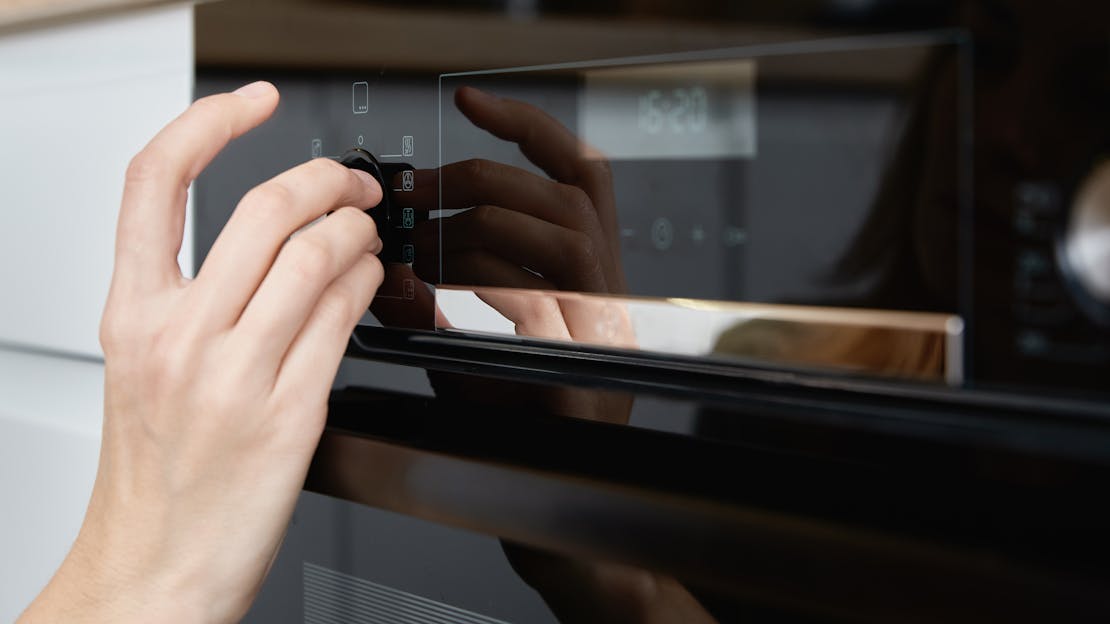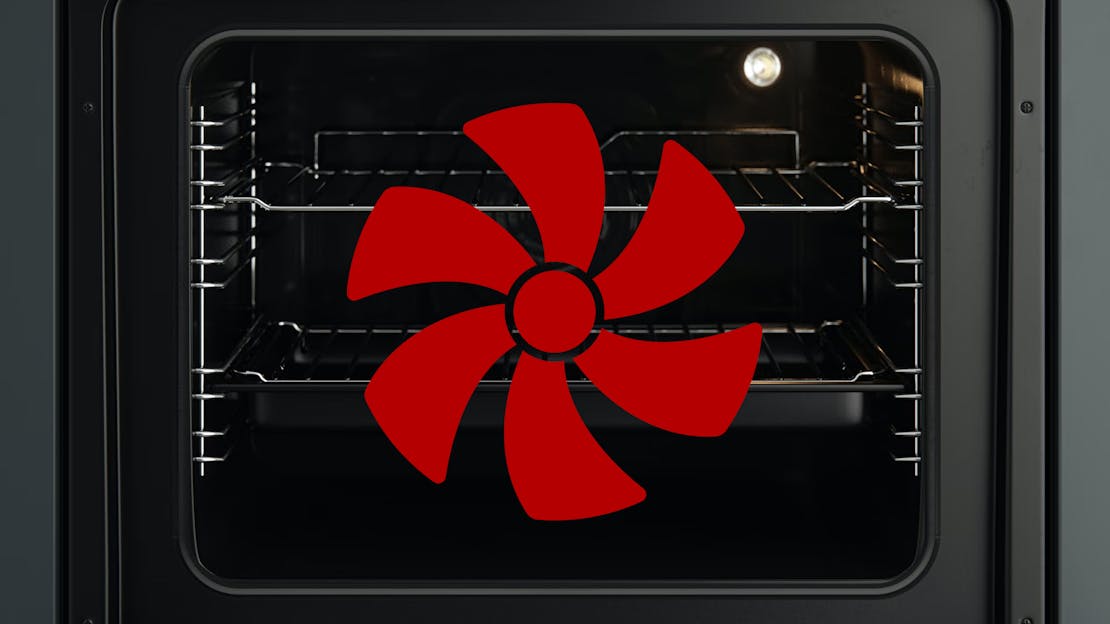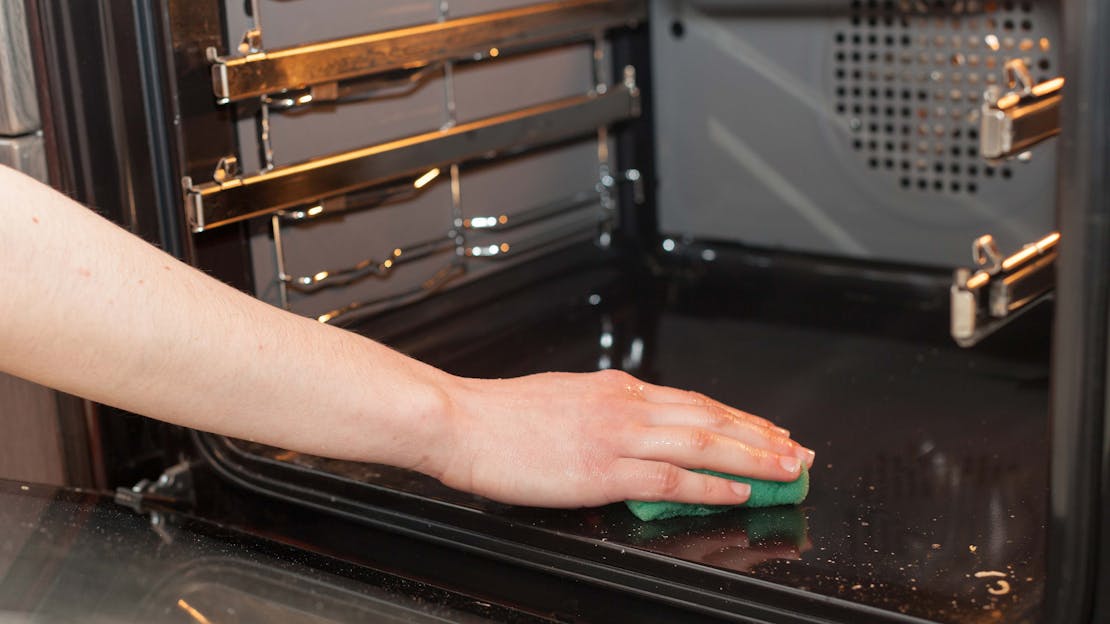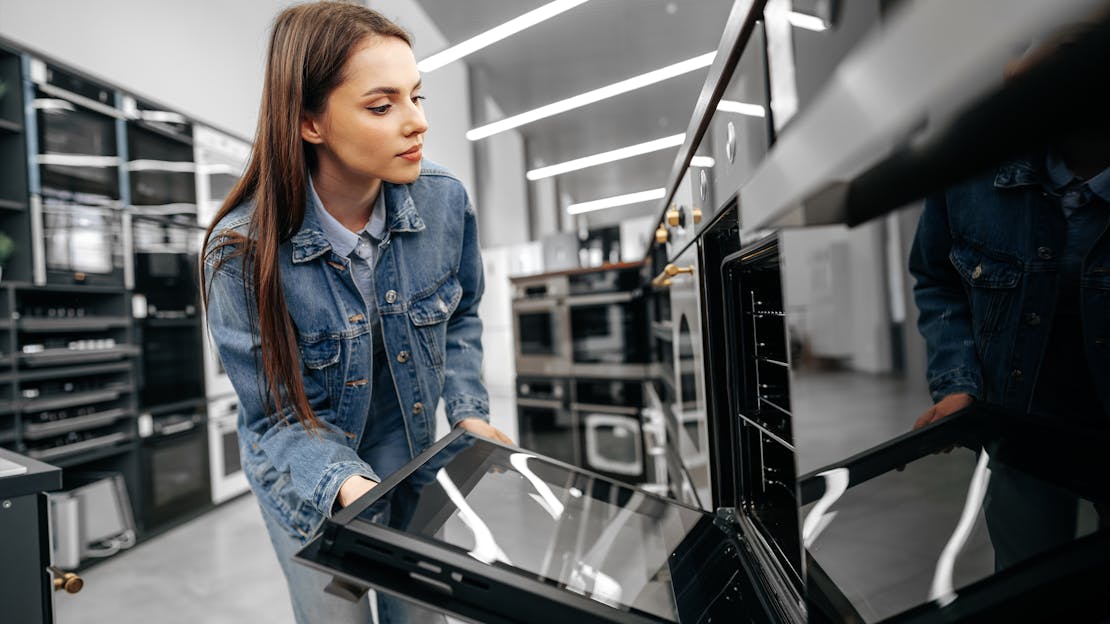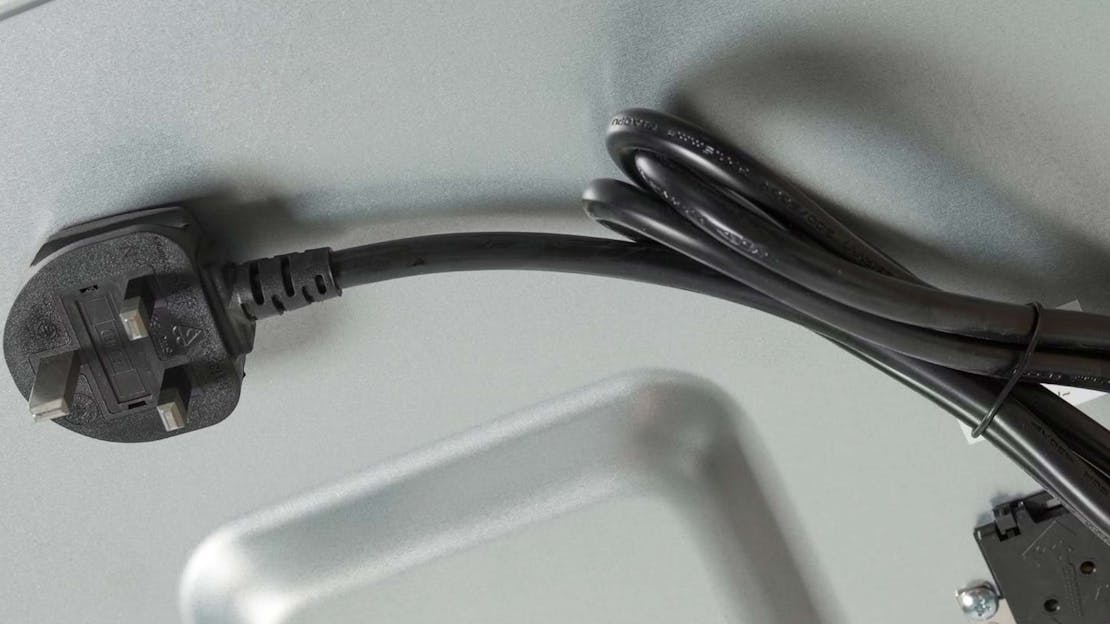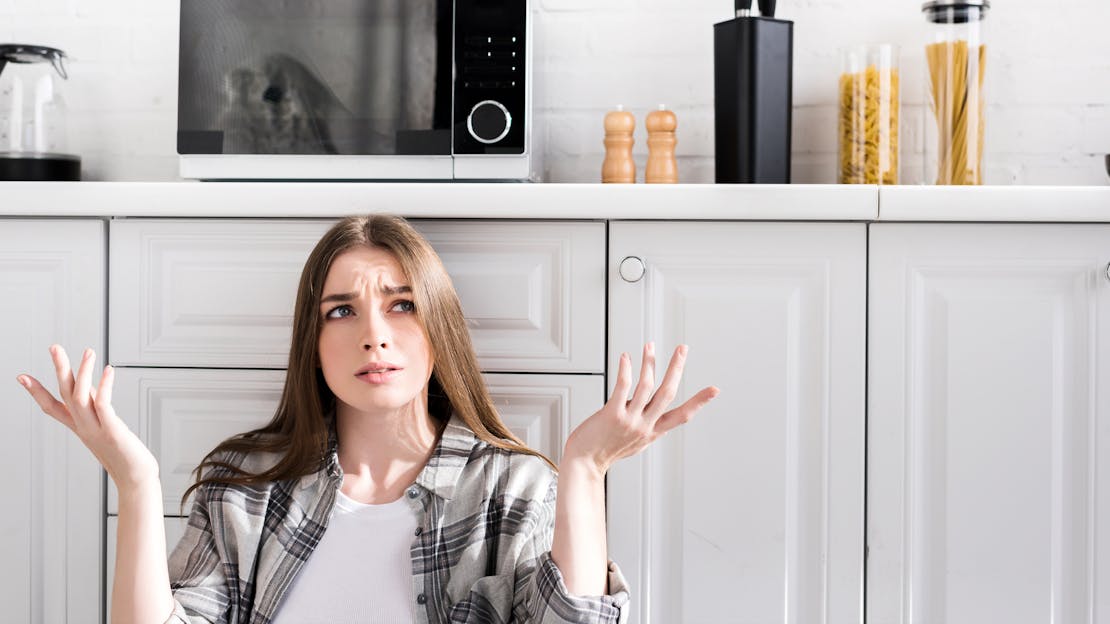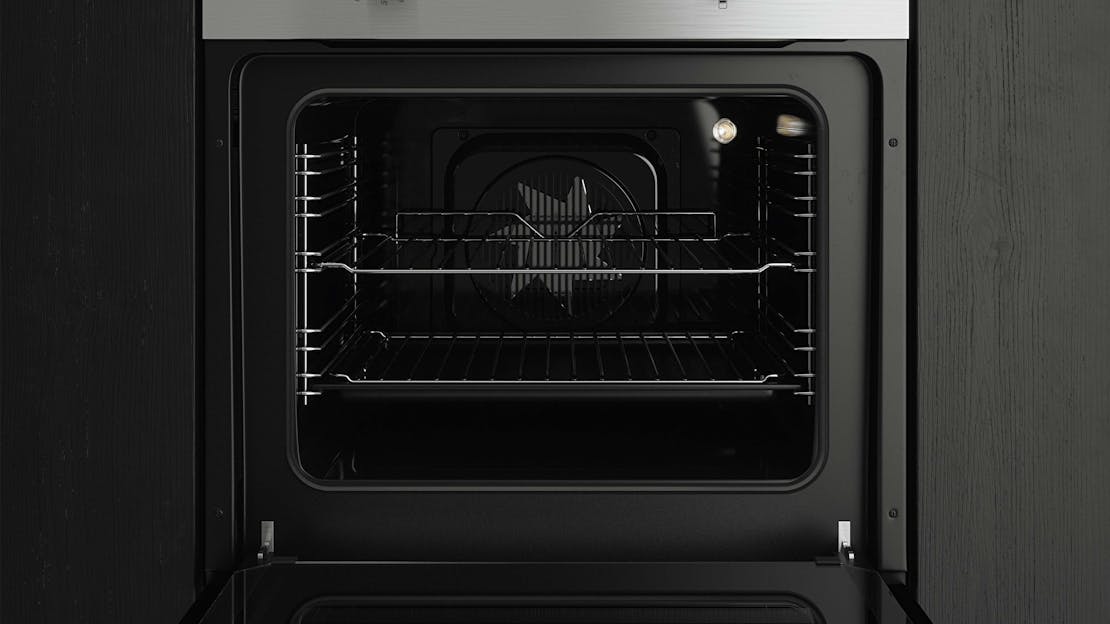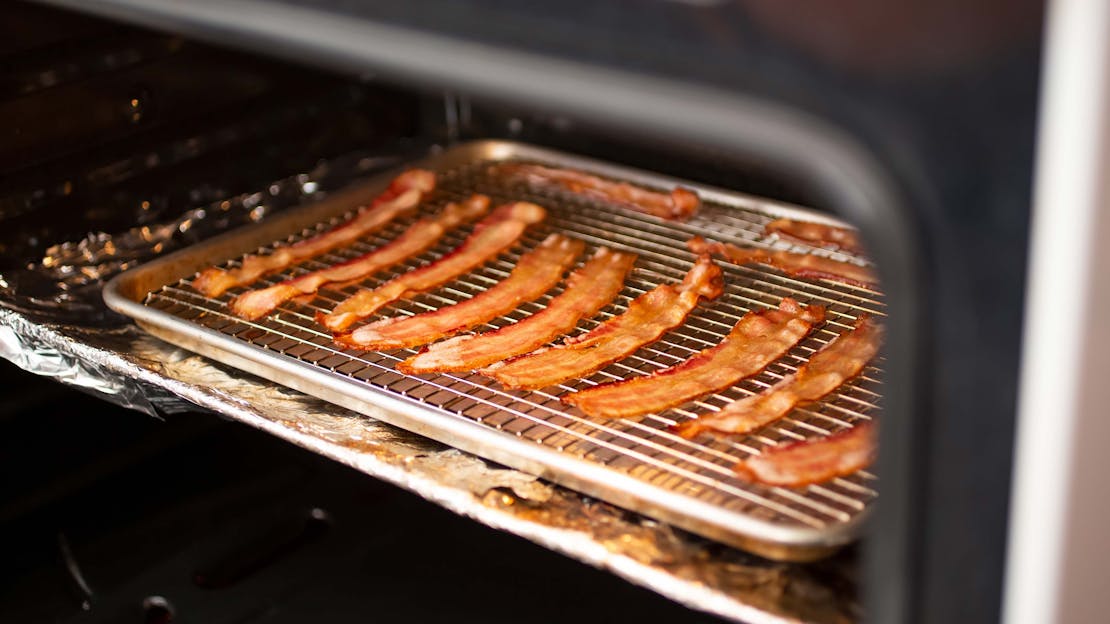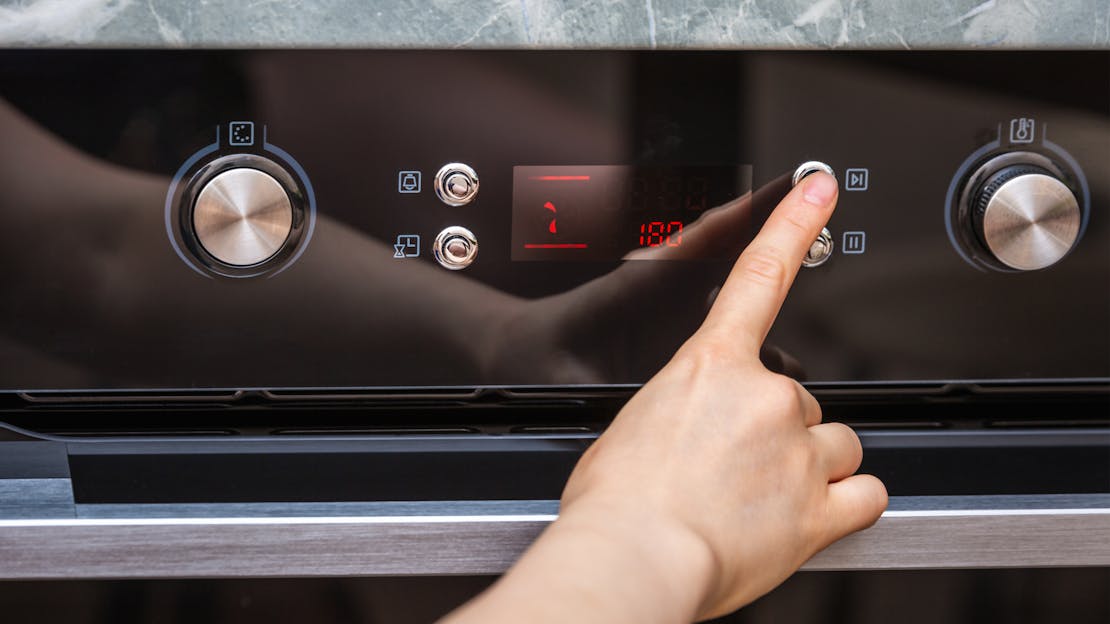
What is the best setting to use on an oven
The fan oven setting, often referred to as "convection," is the most commonly used setting on ovens for several reasons. It's a versatile and efficient cooking method that offers many benefits.
The fan symbol on a fan oven is typically represented by an icon of a fan. It's often a straightforward image of a fan, sometimes with curved blades or lines to illustrate the fan's rotation.
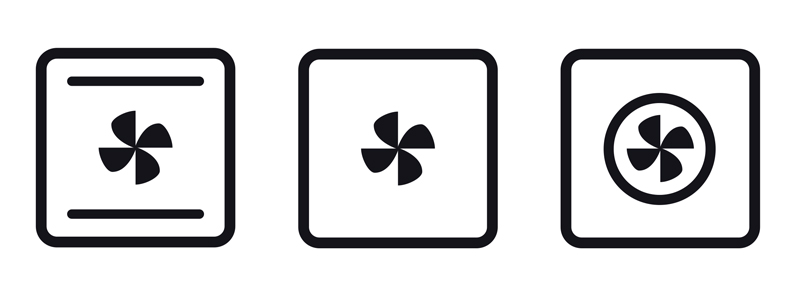
Let's delve into the details of the fan oven setting and why it's so popular:
Even Heat Distribution
The primary advantage of the fan oven setting is its ability to provide even heat distribution throughout the oven cavity. This is achieved through a fan located at the back of the oven that circulates hot air. The fan helps maintain a consistent temperature, eliminating hot spots and cold areas. As a result, your food cooks uniformly, reducing the risk of unevenly cooked or burnt dishes.
Faster Cooking
Because the fan continuously circulates hot air, it accelerates the cooking process. The even heat distribution means that food cooks more quickly than in a conventional oven. This time-saving feature is especially beneficial when you're preparing meals on a tight schedule.
Improved Browning
The fan oven setting is excellent for achieving a desirable browning effect on the surface of your food. Whether you're roasting meats, baking pastries, or making casseroles, the constant movement of hot air ensures that your dishes develop a golden and crispy exterior.
Reduced Cooking Temperatures
Due to the efficiency of convection ovens, you can often cook at lower temperatures compared to conventional ovens. Lower temperatures mean that your food is less likely to dry out or overcook. This can result in juicier roasts and moister baked goods.
Multiple Racks
Fan ovens typically allow you to use multiple racks simultaneously without worrying about significant variations in cooking performance. This is particularly advantageous when you need to prepare large meals or bake multiple batches of cookies or muffins.
Versatility
The fan oven setting can be used for a wide range of cooking tasks, including baking, roasting, and dehydrating. It's suitable for everything from biscuits and cakes to poultry and vegetables. This versatility makes it a go-to option for many recipes.
Reduced Fluctuations in Temperature
Traditional ovens can experience temperature fluctuations when the heating element cycles on and off. In a convection oven, the fan helps maintain a stable and consistent temperature, which is critical for precise cooking and baking.
Energy Efficiency
While fan ovens may initially seem like they use more energy due to the fan, their shorter cooking times often result in overall energy savings. The reduced cooking time can also lead to less heat escaping into your kitchen, making your home more energy-efficient.
In summary
The fan oven setting, or convection cooking, is widely favoured for its ability to provide even heat distribution, faster cooking times, improved browning, and versatility. It's a valuable tool in the kitchen that can help you achieve consistent and professional-quality results in a variety of recipes.
Top Selling Single Electric Ovens from MyAppliances
Upgrade your kitchen with our range of ovens, including fan, multifunction, and self-cleaning options. From even heat distribution in fan ovens to versatile cooking modes in multifunction ovens and hassle-free maintenance with self cleaning ovens, we have everything to suit your cooking needs. Experience convenience and innovation in your kitchen with our oven solutions.
Everything you need to know about Ovens
Everything you need to know about Ovens
Ovens are indispensable appliances in the modern kitchen, serving as versatile tools for a wide range of cooking and baking tasks. Understanding the ins and outs of ovens can greatly enhance your cooking experience. In our guides, we delve into everything you need to know about ovens, from their types and features to tips on using them effectively.
![The Ultimate Guide to Single Electric Ovens]()
This comprehensive guide is designed to empower you with the knowledge needed to make an informed decision when selecting a single electric oven for your kitchen. Throughout this guide, we will delve into various aspects of single electric ovens.
![The Ultimate Guide to Double Ovens]()
If you're in the market for a versatile cooking appliance that can revolutionise your culinary experience, you're in the right place. In this guide, we'll explore what double ovens are, how they differ from their single counterparts, and the numerous benefits they bring to your kitchen.
![The Ultimate Guide to Gas Ovens]()
In this comprehensive guide, we'll delve into the history and evolution of gas ovens, explore their advantages and disadvantages, and provide you with everything you need to know about selecting, installing, and maintaining these kitchen appliances.
![Ultimate Oven Buying Guide]()
Welcome to the comprehensive guide on electric ovens! Whether you're a passionate home cook or someone who simply enjoys preparing delicious meals, this guide is here to provide you with valuable insights into the world of electric ovens.
![The Ultimate Pyrolytic Oven Guide]()
A pyrolytic oven is a self-cleaning appliance that utilises high temperatures to incinerate food residue and grease, eliminating the need for manual scrubbing. During the cleaning cycle, which reaches temperatures as high as 400 to 500 degrees Celsius, the oven locks its door and converts organic matter into ash.
![The Ultimate Guide to Oven Functions]()
In this comprehensive guide, we delve into these multifaceted functions, revealing how ovens can elevate your cooking experience, ensure safety, provide convenience, and simplify maintenance.
![The Ultimate Guide to Fan Ovens]()
A fan oven, also known as a convection oven, is an appliance that utilises a fan to circulate hot air evenly, resulting in more uniform cooking, quicker cooking times, and precise temperature control.
![Pyrolytic, Catalytic or Steam Clean Ovens?]()
Can you confidently compare pyrolytic, catalytic, and steam-cleaning ovens if you were in the market for a new one? If not, you're not alone in this predicament! Nevertheless, it's a vital question to address, even though it won't be the sole determinant in your choice. Presently, the three primary cleaning modes - pyrolysis, catalysis, and steam cleaning - each possess their own merits and limitations.
![How to Clean an Oven Quickly, Easily and Thoroughly]()
In this article, we address frequently asked questions about oven cleaning and provide valuable tips and advice to assist you in achieving a sparkling and well-maintained oven.
![Choosing the Best Single Oven for Your Household]()
Choosing the best single oven for your household can be a daunting task, given the wide range of options available on the market. In this guide, we will provide recommendations for the best single oven for different types of households.
![Can I plug my oven into a normal socket?]()
Electric ovens have a kW rating that tells you how much power they use. For ovens under 3kW, it is perfectly acceptable to power them using a regular 13 amp plug and socket.
![What's the difference between a double oven vs single oven?]()
When searching for a new built-in oven, the abundance of options available can quickly lead to feelings of overwhelm. To navigate this extensive selection, it's crucial to begin by considering the type of built-in oven that would be the perfect fit for your home.
![What is a good size oven capacity?]()
Oven capacity refers to the internal volume or space available inside an oven for cooking and baking purposes. The average capacity of a single oven is typically around 60 litres.
![Do all ovens have a grill?]()
The availability of a grill feature in an oven depends on the specific model and type of oven. While many ovens are designed with a built-in grill element, there are also ovens that are solely focused on baking and do not include a grill function.

